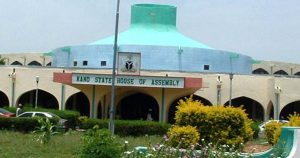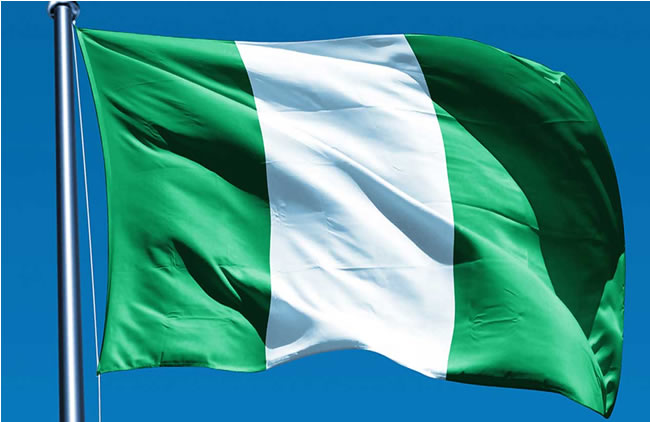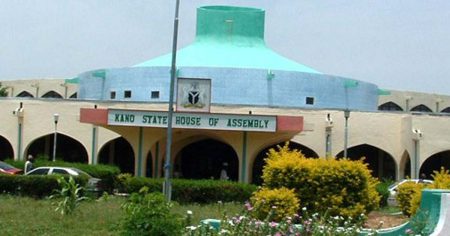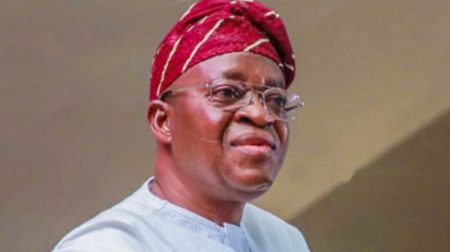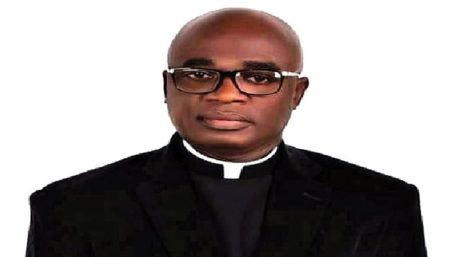Nigeria’s cultural landscape is undergoing a profound transformation, marked by a renewed focus on reclaiming and celebrating its artistic heritage. This resurgence transcends mere preservation, aiming to recontextualize Nigerian art and culture within a pre-colonial and pan-African framework. It’s a movement that seeks to dismantle the lingering effects of colonial narratives and reclaim the power of African storytelling. The initiative encompasses a multi-pronged approach that includes the repatriation of stolen artifacts, investment in cultural infrastructure, support for traditional artistic practices, and the development of platforms that empower contemporary artists. This holistic strategy aims to foster a vibrant cultural ecosystem that not only honors the past but also propels Nigerian art and culture into the future, ensuring its continued relevance and evolution within a global context.
Central to this cultural renaissance is a shift in perspective. The focus is moving beyond simply retrieving looted artifacts and expanding to encompass the rebuilding of the cultural infrastructure and ecosystems that give these objects meaning and context. This includes investing in museums, training programs for curators, supporting traditional crafts, and creating platforms for artists to engage with their heritage and share their stories with the world. The goal is not just to preserve the past, but to create a dynamic environment where cultural heritage can be actively experienced, understood, and reinterpreted for contemporary audiences, fostering a sense of continuity and cultural pride within Nigeria and beyond.
This resurgent movement within Nigeria reflects a broader continental trend toward reclaiming African narratives and artistic expressions. It’s a conscious effort to decolonize cultural spaces and present African stories in authentic African voices. This involves challenging the Eurocentric lens through which African art and culture have often been viewed, promoting a more nuanced and complex understanding that recognizes the diversity and richness of African traditions. The movement seeks to reclaim ownership of historical narratives, empowering African communities to define their own identities and share their cultural experiences on their own terms, fostering a sense of agency and self-determination.
The Museum of West African Art (MOWAA) in Benin City exemplifies this new approach. While located in Nigeria, MOWAA is conceived as a regional institution dedicated to the art and heritage of West Africa as a whole. It serves as a hub for cultural exchange, research, and education, providing a platform for artists, scholars, and communities to engage with the region’s rich cultural tapestry. MOWAA’s emphasis on training young curators and supporting traditional practices ensures that cultural knowledge is preserved and transmitted to future generations, fostering a sense of continuity and cultural pride within West Africa.
MOWAA plays a critical role in this cultural revitalization by nurturing a dynamic ecosystem around cultural heritage. It provides a space for not just displaying artifacts, but also for fostering dialogue, promoting research, and supporting the development of contemporary artistic practices. The museum’s multi-faceted approach emphasizes the connection between the past and the present, allowing for a deeper understanding of how historical traditions inform and inspire contemporary creativity. MOWAA’s role extends beyond preservation to encompass the active creation and dissemination of knowledge, fostering a vibrant cultural landscape in West Africa.
This cultural revival is occurring amidst a global movement calling for the repatriation of African cultural artifacts and a re-evaluation of how African nations are represented in global cultural spaces. It represents a shift in power dynamics, with African nations increasingly asserting their right to control and interpret their own cultural narratives. This movement is not simply about reclaiming objects, but about reclaiming agency, ensuring that African voices are heard and that African perspectives shape the global understanding of African art and culture. This empowers African communities to tell their own stories, challenge existing stereotypes, and contribute to a more diverse and inclusive global cultural landscape.


